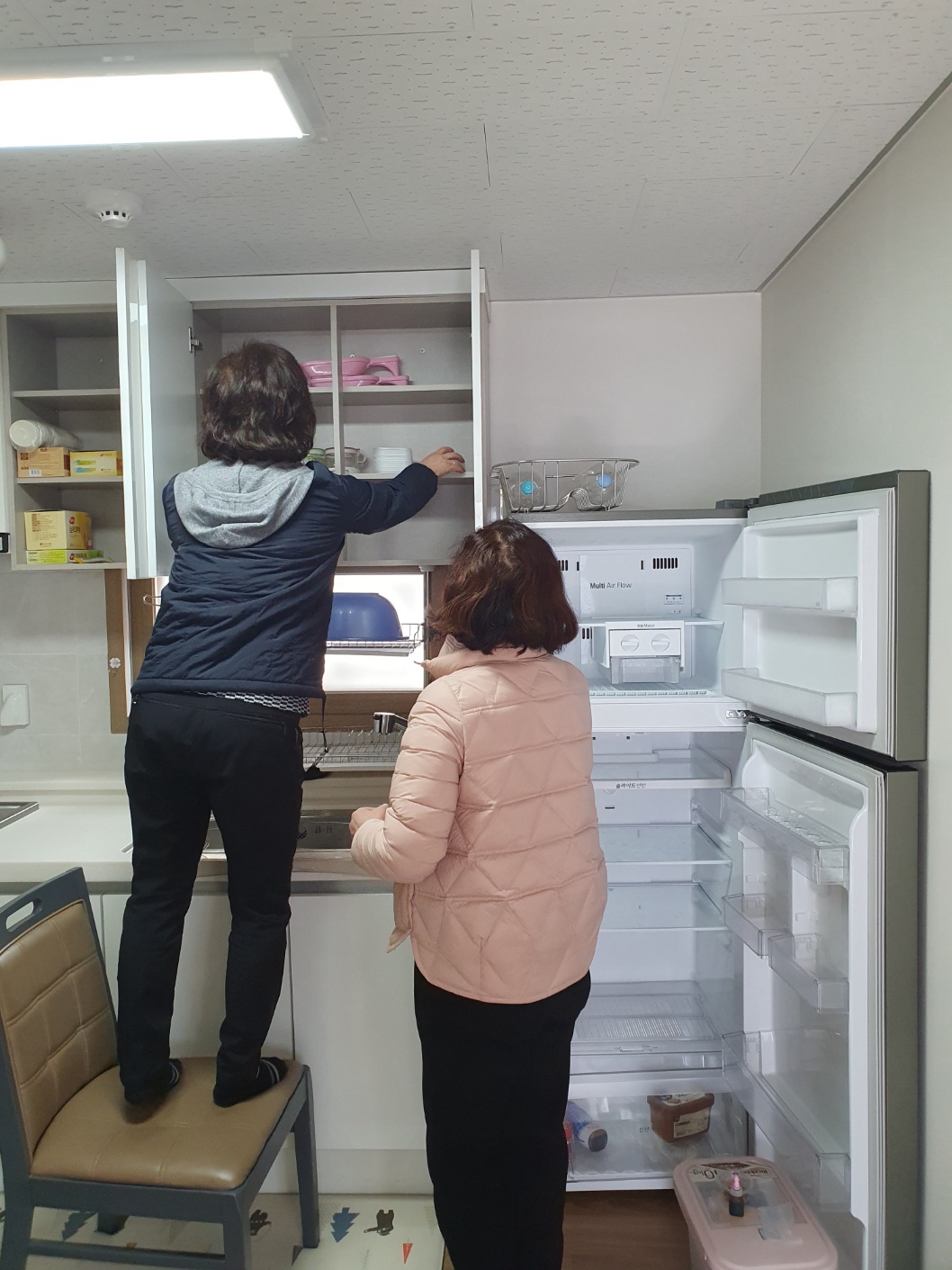Care Assurance Housing project in Busan’s Buk-gu district
By 2025, South Korea is anticipated to emerge as one of the fastest ageing societies among the major OECD countries, with the population aged 65 and above expected to constitute 20.6% of the total population as projected by Statistics Korea in 2023. In anticipation of this significant demographic transition, the government has been proactively implementing the community care policy since 2018. This policy underscores a community-centric approach to social services, aiming to enhance the well-being and active engagement of older individuals within their local communities.
A 2020 survey on older persons revealed that 56.5% prefer to remain in their current homes even if they become frail. However, there is a downward trend in the availability of housing facilities for ageing population, including residential care homes, communal living arrangements, and welfare housing within communities. In fact, the Ministry of Health and Welfare’s data reveals a decline from 382 facilities in 2019 to just 308 in 2022. This trend highlights a growing discrepancy between the increasing population of older individuals and the availability of adequate housing welfare. It also highlights the escalating issue of suitable housing for older persons as a social challenge. In this context, this report spotlights the Care Assurance Housing project in Busan’s Buk-gu district, an initiative dedicated to providing a variety of support services, ensuring older generations to lead a stable and healthy lives within their communities.
■Daul House: A short-term care residence for enhanced recovery
For older individuals discharged from hospitals after treatment for illnesses or health complications, the post-charge recovery period is critical. Without appropriate care during this phase can lead to extended recovery times or even a relapse, possibly necessitating a return to hospital care. In response, the Buk-gu district in Busan inaugurated Daul House in 2020. As a key component of the Care Assurance Housing initiative, this facility is dedicated to providing high-risk older households and recently discharged individuals with the support they need for safe and healthy transition back into their community.

Located in Gupo-dong, Buk-gu, the first Daul House extends various essential services like healthcare, medical treatment, medical assistance, welfare, and caregiving, to older persons in need of intensive recovery. The facility accommodates two residents at a time, offering residency terms ranging from 15 to a maximum of 30 days. Deriving its name from the pure Korean 'Daul', which translates to 'living together in harmony', Daul House embodies a communal spirit. Its ground floor is dedicated as a communal hub, hosting a shared living space with various programs, with the aim of mitigating social isolation among residents through fostering communities and providing effective care.
Building on the success of the first facility, a second Daul House was established in collaboration with the Korea Land & Housing Corporation (LH). It operates by leasing three apartments, long-term vacant and managed by LH, each featuring two rooms, culminating in a total of six rooms. Among these, one is designed as a community space. This setup mirrors the Gupo-dong’s Daul House, creating an environment where older individuals and local residents can freely interact, engaging in diverse programs like emotional support and dementia prevention.

Daul House stands as a beacon of social integration, achieved through engaging with the local community, and bolstering the mental and physical well-being of the older persons. A dedicated caregiver, assigned by Buk-gu, is stationed there, providing a comprehensive range of services from 7 AM to 7 PM. These services include meal preparation, household assistance, emotional support, and accompaniment for medical visits, all of which contribute significantly to maintaining a healthy and stable living environment for the residents.
■Long-term care residency : Dodam House and Bodam House
In 2021, Buk-gu in Busan inaugurated Dodam House, catering to the needs of vulnerable, solitary older citizens by offering community care support. This social housing, available at a competitively affordable rent, comes with a modest deposit and monthly fees. It houses three residents, each benefiting from a private space equipped with a bathroom, and furnished with necessary appliances and furniture. Community caregivers offer weekly or bi-weekly visits, aiding in daily living and emotional support, and hosting a variety of services and activities, including dementia prevention and health-oriented programs.
As a part of efforts to ensure housing stability for vulnerable older individuals, Buk-gu also introduced Bodam House, leveraging LH's elderly-specific rental housing. Bodam House features age friendly facilities like slip-resistant floors, safety bars in corridors and bathrooms, and communal chairs near elevator entrances on each floor. The community space on the first floor serves as a hub for various care services, leisure, and cultural programs. Caregivers visit bi-weekly for dementia prevention activities like cooking classes and drawing lessons, and a fitness instructor visits weekly for group exercises, enhancing the residents' quality of life.
As of November 2023, the older population in Buk-gu, Busan, aged 65 and above, stands at 58,847, accounting for 21.5% of the total population. Busan, including Buk-gu, is among the first major cities in Korea to enter an super-aged society. Against this background, enhancing the quality of life and ensuring housing rights for the older adults become crucial concerns. Every individual has the right to live with dignity and independence, and this includes older individuals. Providing adequate housing, fostering an environment that supports autonomous and independent living, and safeguarding against potential injuries and discrimination are essential in upholding the housing rights of older persons. Particularly for those individuals struggling with social isolation and economic challenges, continuous support and care are imperative. Care Assurance Housing program in Buk-gu meets these needs by offering more than just physical living spaces. It also supports in fostering the physical, emotional, and social autonomy of older persons within the community. This initiative significantly contributes to the advancement of older persons’ rights and establishes an exemplary model responding to an ageing society.
Haeri Kang (haerikang@asemgac.org)